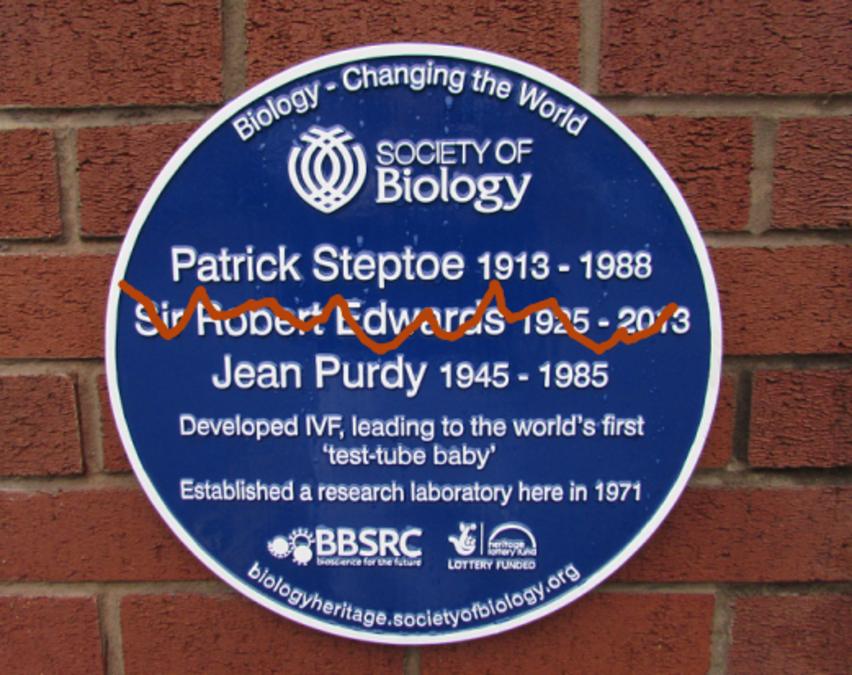
Did Nobel laureate Robert Edwards get his gong for enabling eugenics?
What are the ‘cancel culture’ activists?
If the “cancel culture” is gunning for eugenicists, there are more than enough candidates. One of the most prominent is Robert Edwards, who won the Nobel Prize for Medicine in 2010 for developing in vitro fertilisation.
As Gina Maranto, a writer for the Biopolitical Times, reminds readers, he was a dyed-in-the-wool eugenicist:
Edwards was a long-time member and trustee of the UK’s Eugenics Society and then, under its new name, the Galton Society, as Osagie Obasogie detailed in Scientific American in 2013. In a December 1970 article in the same publication, Edwards and [Ruth] Fowler [his wife] foresaw and embraced the possibility that IVF would enable the selection of embryos according to their genetic characteristics, including “choosing male or female blastocysts.”
They also envisioned other manipulations of embryos, writing that while such experiments would present “challenges to a number of established social and ethical concepts,” they would bring great rewards. Edwards implicitly acknowledged the eugenical implications of his work in 1999 when he said, “Soon it will be a sin of parents to have a child that carries the heavy burden of genetic disease. We are entering a world where we have to consider the quality of our children.”
Edwards was not just concerned with avoiding grave disability. Eugenics was for him an opportunity to raise the skill level in our society: “any [scientific] method of potential value in raising human standards should be considered, and [human reproductive] cloning might contribute towards this end by providing pools of talent”, he said in 1974.
In 2003 he told London’s Times: “[IVF] was a fantastic achievement, but it was about more than infertility. It was also about issues like stem cells and the ethics of human conception. I wanted to find out exactly who was in charge, whether it was God himself or whether it was scientists in the laboratory.” And what he discovered was that “it was us”.
The arrogance of this boast suggests that Edwards was not just aware of the eugenicist possibility of IVF; for him this was its ultimate purpose. Fortunately for his memory, no one has erected a statue of him.
Michael Cook is editor of BioEdge
Creative commons
https://www.bioedge.org/images/2008images/444-Plaque-IVF.jpg
eugenics
robert edwards
- How long can you put off seeing the doctor because of lockdowns? - December 3, 2021
- House of Lords debates assisted suicide—again - October 28, 2021
- Spanish government tries to restrict conscientious objection - October 28, 2021
